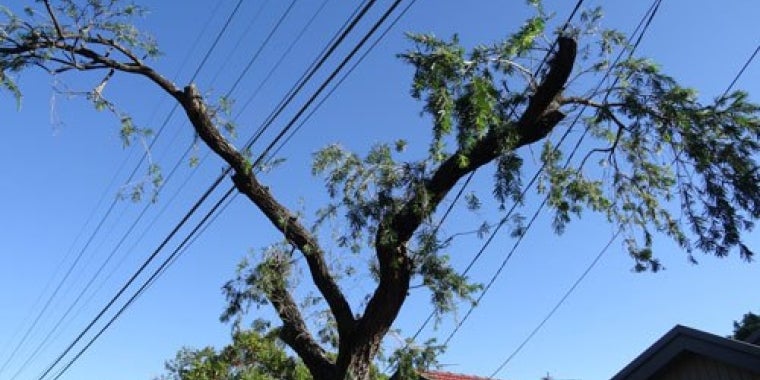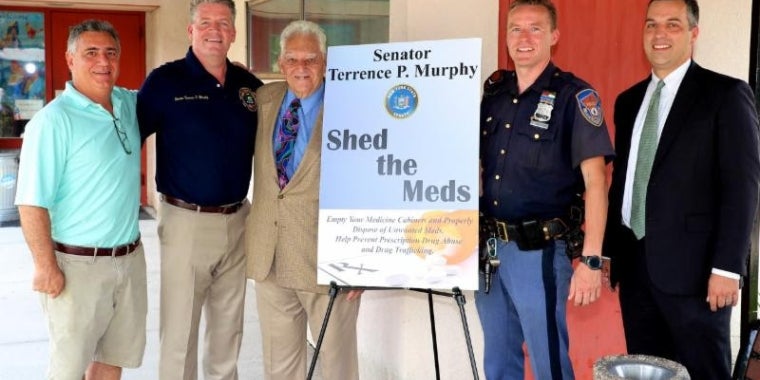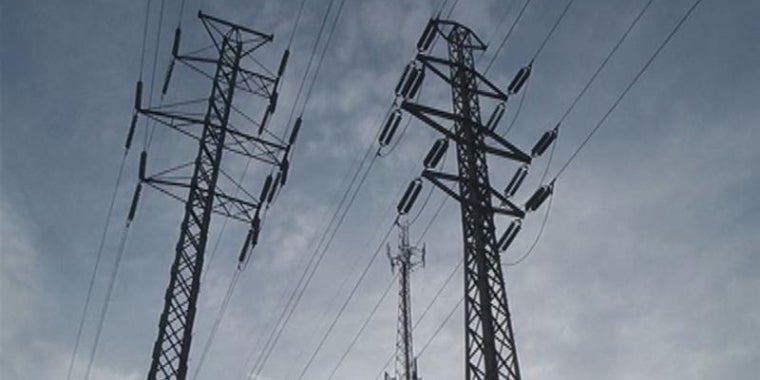
NYSEG’s Power Failures, CPV, Call Indian Point Reliability Study Into Question
August 5, 2018

NORTH SALEM, NY – With another minor rain storm causing over a thousand outages throughout the Hudson Valley in Beekman, North Salem, Somers and Yorktown today, State Senator Terrence Murphy today called on the New York Independent Systems Operator to revise its December 2017 reliability study regarding the replacement of Indian Point. Yesterday, it was announced that Competitive Powers Ventures (CPV), a proposed powerplant at the center of both the Percoco corruption trial and the replacement of Indian Point, had its air quality permit denied.
“NYSEG can barely keep the lights on when the wind blows, but the NYISO has said that their demand forecasts are getting lower,” Senator Murphy said. “For the people in northern Westchester and the Hudson Valley, demand for reliable electrical service has never been greater. The continued failures of NYSEG further call into question assumptions made by the Indian Point Closure Task Force that our transmission infrastructure is in any shape to provide electricity reliably once the plant closes, which is our only contingency plan after the denial of CPV.”
The NYISO study suggested that the power grid would remain “reliable” if three dirty fossil fuel powerplants, including CPV, were built to replace the clean nuclear energy at Indian Point. Now that CPV is off the table, the NYISO’s arbitrary predictions of increased efficiency, reduced demand and the completion of unpermitted and unbuilt transmission infrastructure come into play.
“We already had a major problem with our transmission infrastructure in Westchester and the Hudson Valley that both NYSEG and the Public Service Commission have failed to address,” Senator Murphy said. “Now we are blowing a second hole in our energy plan by eliminating a prime power generator when we cannot even get replacement generation projects approved. The Hudson Valley already sits just below a well-known bottleneck in our transmission grid, and now that we are losing a major generator with no replacement in sight, people cannot be reasonably expected to believe we are prepared to replace Indian Point when the power companies are proving they don’t have the proper staff or training to perform proper tree maintenance, upgrade our transmission capacity or provide regular service.”
Outside of this year’s major storms, where tens of thousands of NYSEG customers lost power for a week or more, the company has had dozens of major outages in the fortieth Senate district. As a former tree crewman himself, Senator Murphy has pointed to the company’s improper tree trimming practices, which often kill trees that later fall on power lines, as well as the company’s failure to meet its own timetable for removing dead trees and building replacement infrastructure.
The state lacks any standards, procedures rules or laws that ensure the reliable delivery of electric power by regulating the procedure for tree cutting, pruning, topping and trimming, nor are utility companies required to plant replacement trees for the trees they kill or remove.



